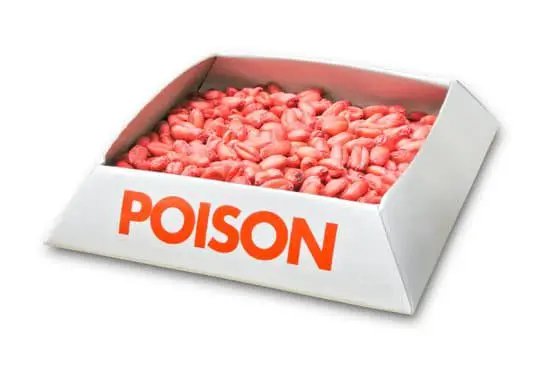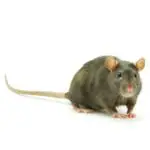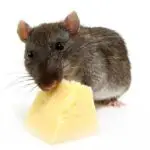Can Rats Become Immune to Rat Poison?
The question is, can rats become immune to rat poison? In the 1950s, the government began research into rat resistance to rat poison. They conducted experiments on whole rats and performed feeding trials. This research was eventually stopped. The problem of resistant rats has grown significantly over the past two decades. Today, many resistant rats live in Britain and are a major pest problem. Researchers at the University of Huddersfield are working to find out how and why they become resistant to rat poison.
Fortunately, there are a variety of over-the-counter rat poisons available in the market. However, these are tricky to use without the knowledge of a professional. You need to make sure that the poison is not harmful for children or pets, and you also need to consider whether it can cause an unpleasant odor in your home.
The resistance that these rats have to rodenticides is due to a mutation in their genome. These mutations lead to super-resistant rats. These rats can pass the resistance gene to their offspring. These super-resistant rats can grow up to be as big as cats. However, there is no way to know which rat species will become resistant.
In addition to harming domestic animals, rat poison can also cause adverse effects on birds and other wildlife. Many birds of prey depend on mice and rats for the majority of their diets. They also provide food for larger carnivores. Consequently, poisoned vermin can cause harm to other wildlife, and some species of birds of prey are endangered.








